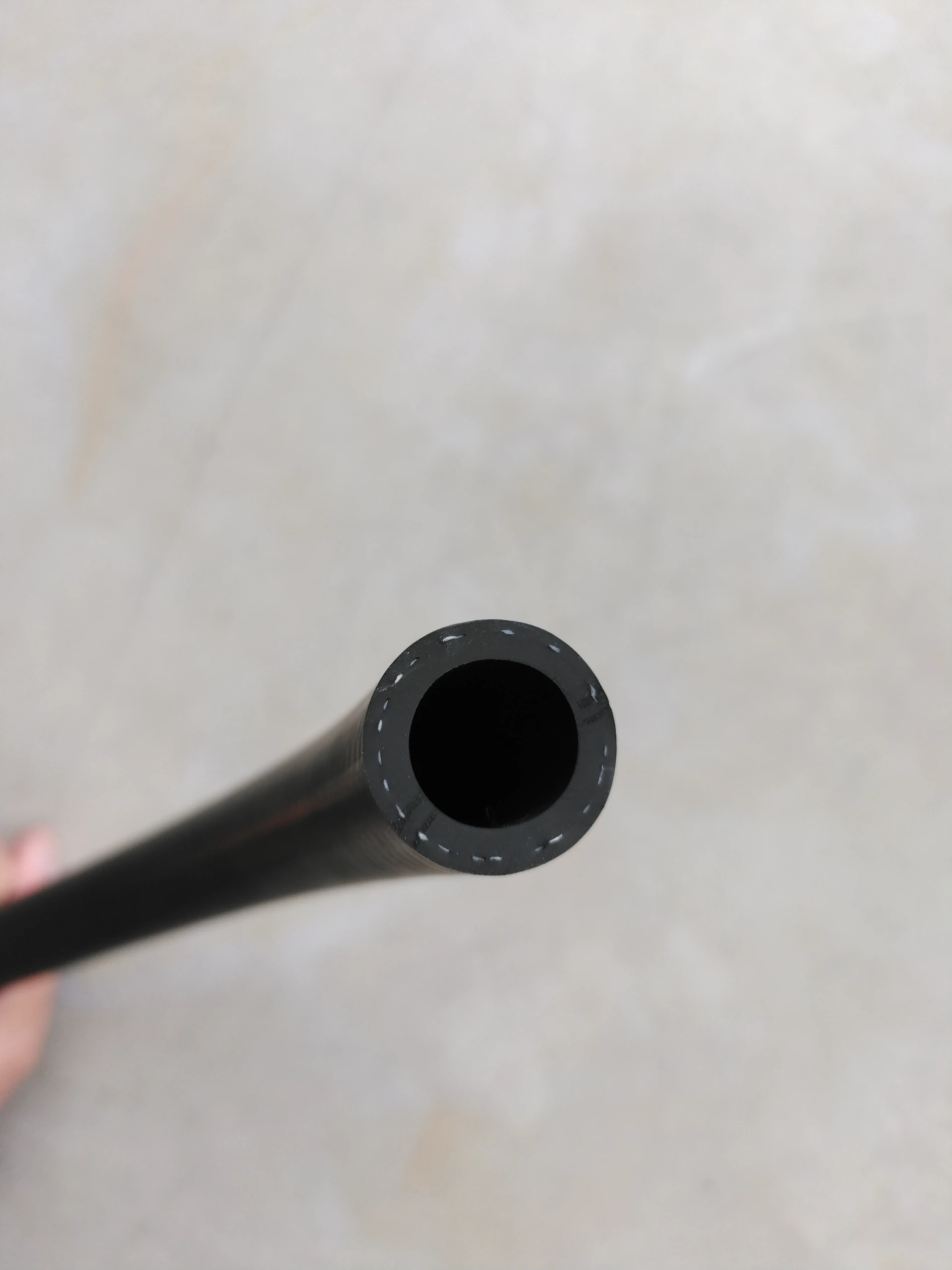High-Pressure Oil Line Maintenance and Safety Guidelines for Optimal Performance
дек. . 11, 2024 09:54 Back to list
High-Pressure Oil Line Maintenance and Safety Guidelines for Optimal Performance
High Pressure Oil Lines Importance, Applications, and Best Practices
High pressure oil lines play a crucial role in various industrial applications, particularly in the oil and gas sector. These lines are designed to transport oil and other fluids under high pressure, ensuring efficient extraction, transportation, and processing of crude oil. Understanding the significance, applications, and best practices associated with high pressure oil lines is essential for professionals in the industry.
Understanding High Pressure Oil Lines
High pressure oil lines are specialized piping systems constructed from materials that can withstand substantial pressure and corrosive environments. Typically made from high-strength steel or other durable alloys, these lines are engineered to handle pressures that can exceed several thousand psi (pounds per square inch). The construction of these lines must comply with industry standards and regulations to ensure safety and reliability.
Applications of High Pressure Oil Lines
1. Oil Production One of the primary applications of high pressure oil lines is in the extraction of crude oil from underground reservoirs. High pressure lines facilitate the flow of crude oil from the wellhead to processing facilities, allowing for efficient transport over long distances.
2. Refining Processes In oil refineries, high pressure oil lines are used to move crude oil to various refining units. These lines ensure that the oil reaches the processing units under controlled pressure, which is crucial for conversion into valuable products such as gasoline, diesel, and jet fuel.
3. Transporting Natural Gas In addition to oil, high pressure lines are also used to transport natural gas. These lines must be designed to handle not only the pressures but also the varying temperatures and chemical properties of natural gas, which can differ significantly from liquid oil.
4. Hydraulic Systems High pressure oil lines are essential in hydraulic systems, which are used in various machinery and equipment. The pressurized oil enables the operation of hydraulic pumps, actuators, and controls in various industrial applications, including construction, manufacturing, and automotive sectors.
5. Enhanced Oil Recovery (EOR) Techniques such as water flooding and CO2 injection require high pressure lines to inject fluids into oil reservoirs. This process enhances the recovery of oil, improving the overall efficiency of extraction operations.
high pressure oil line

Best Practices for High Pressure Oil Lines
Ensuring the safety and efficiency of high pressure oil lines requires adherence to best practices throughout their lifecycle. Here are some key considerations
1. Material Selection The materials used for high pressure oil lines should be chosen carefully based on the specific application. Factors such as temperature, pressure, and the chemical composition of the fluid must be considered to prevent material failure.
2. Regular Inspections Routine inspections are vital for detecting wear and tear, corrosion, or any signs of damage in high pressure lines. Non-destructive testing methods, such as ultrasonic testing or radiographic inspection, are useful for identifying potential issues before they become critical.
3. Proper Installation Ensuring that high pressure oil lines are installed correctly is crucial for preventing leaks and failures. This includes using appropriate fittings, welds, and supports, and following manufacturer guidelines and codes of practice.
4. Monitoring and Maintenance Implementing a proactive monitoring and maintenance program can help identify and address potential problems before they escalate. This may include pressure monitoring, temperature checks, and leak detection systems to maintain operational integrity.
5. Training and Safety Protocols Personnel working with high pressure oil lines should receive comprehensive training on safety protocols and handling procedures. Understanding the risks associated with high pressure fluids and the appropriate response measures can prevent accidents and ensure workplace safety.
Conclusion
High pressure oil lines are indispensable in the oil and gas industry, impacting oil extraction, refining, and transportation processes. By understanding their significance and adhering to best practices, industry professionals can ensure safe and efficient operations while optimizing productivity. The future of high pressure oil lines will likely see advancements in technology and materials, further enhancing their role in meeting the world's energy demands.
